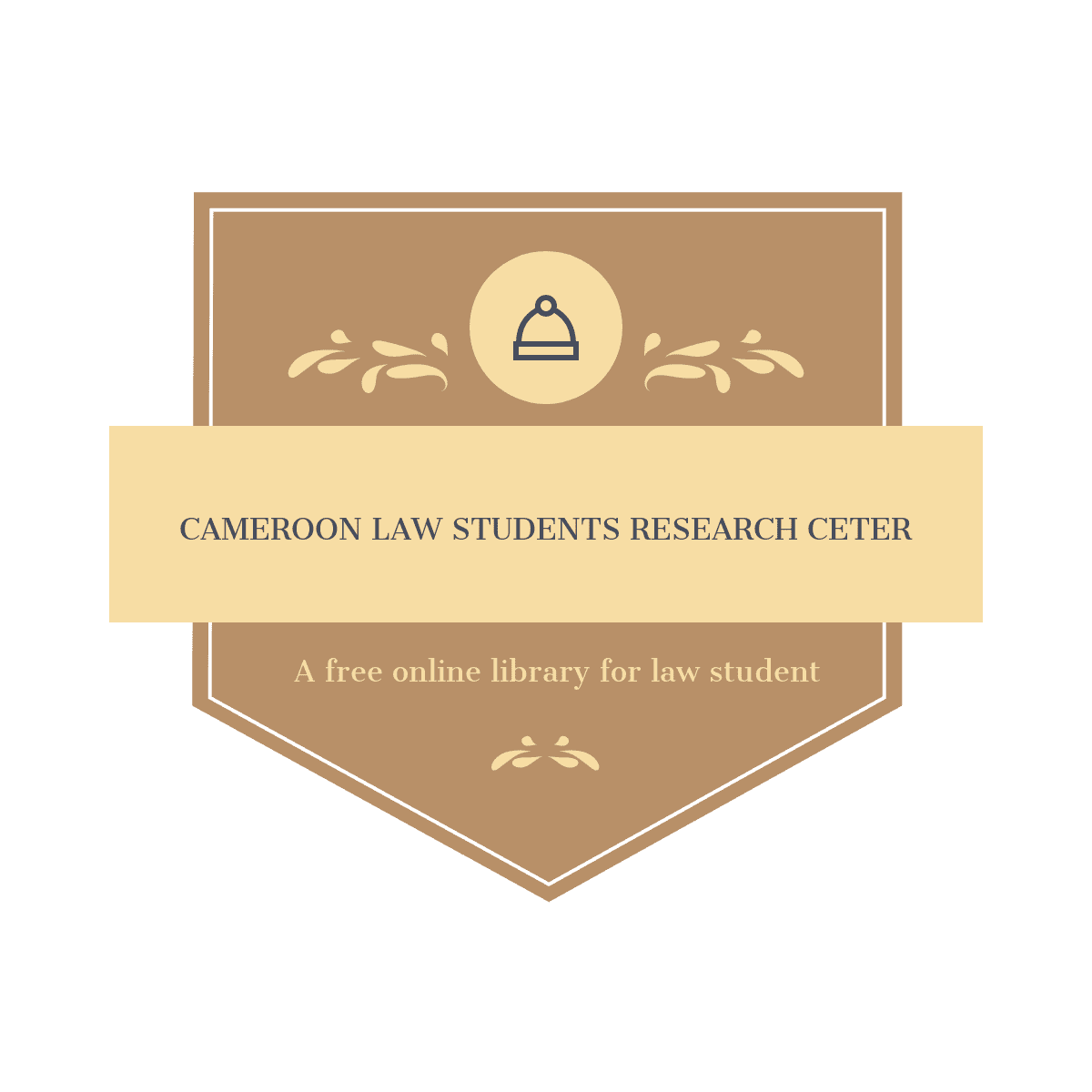The British Prime minister constitutes on of the incarnations of the British parliamentary regime. A political regime can generally be defined as the totality of de Jura and de facto elements which deals with the organization and functioning of political powers in a given state at a given time. The British political regime is one of the classical examples of the western political regime on the one hand, and the mother of the parliamentary regime on the three other hand.
The pm is generally defined as the head of government in charge of the execution of laws. I Great Britain, the first modern prime Minister was Wale Pole while the current Pm is Theresa May.
Britain has a parliamentary regime which is defined as regime in which there is collaboration of powers and the existence of reciprocal means of action like the right of dissolution and the political responsibility of the government.
The word "omnipotent" in this context refers to an absolute authority or monarchy.
Our main preoccupation is to know if the British Prime minister had absolute powers. In other words, is the British pm omnipotent or a monarch? Is the British Prime minister subject to any control?
The interest of this topic is related to the fact that the British political regime is a parliamentary regime dominated by the pm.
In responds to the above preoccupation, it is important to highlight that the pm has been described as an elected monarch (I). However, his powers are not absolute (II)
I) THE BRITISH PM AS AN ELECTED MONARCH
The British pm is an omnipotent authority because she he dominates the executive (A) and the legislative powers(B).
A) THE DORMINATION OF THE BRITISH EXECUTIVE BY THE PM
1) THE LEGITIMACY OF THE BRITISH PM
The British pm is a democratic elected member of the executive. Therefore, he is an active figure. This is Contrary to the head of state or The Crown which is hereditary.
Another justification of the legitimacy of the pm is that he has an influence on the choice of the electors. In great Britain, the electors shall vote by virtue of the personality of the pm.
2) The dominance of the government by the pm.
- he appoints and terminates the functions of the other members of the government.
- he defines the policy of the nation.
- power to ratify treaties and approve ambassadors.
B) DOMINANCE OF THE LEGISLATIVE BY THE PM
1) POWER TO INITIATE LAWS AND BILLS
2) right of dissolution of the house of commons.
II) THE BRITISH PM: POLITICAL FIGURE WITH LIMITED POWERS.
A) The control of the pm by the Parliament.
1) The control of the pm without engaging the political responsibility of the pm and his government : oral questioning
2) Control engaging the political responsibility of the pm and the government : vote of confidence
B) Control of the pm by the majority party and the the people.
1) Control by the majority party
See the question on The influence of the majority party in the British political regime
2) Political control of the pm by the people
You may also like
Classification of political regimes based on the separation of powers
Feel free to to drop a comment. If you have any question to be answered or wants to contribute by posting and answering questions, you may use the contact form in our side bar menu

